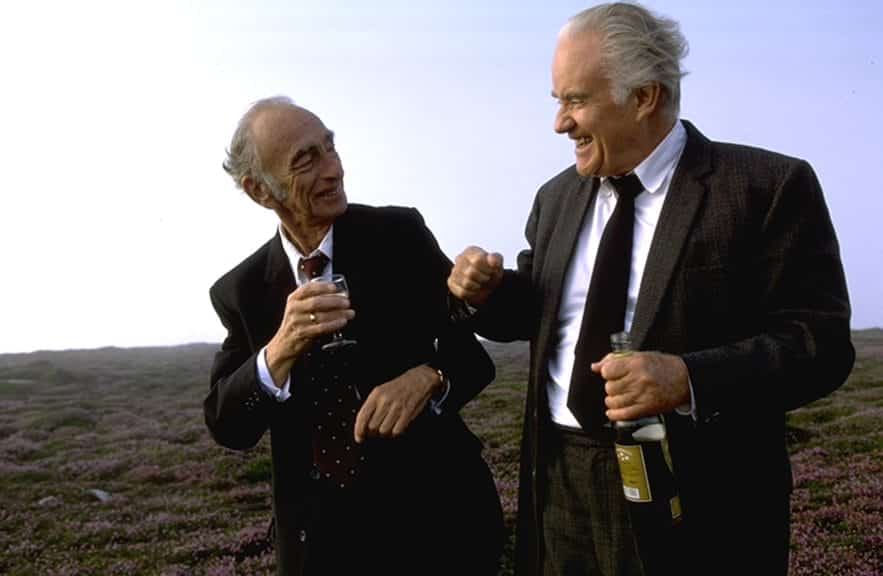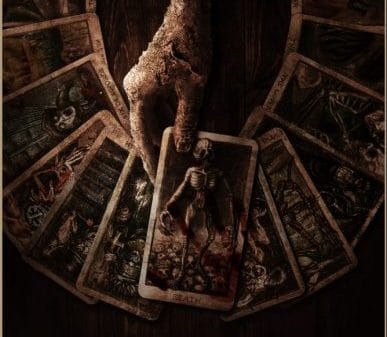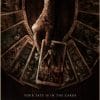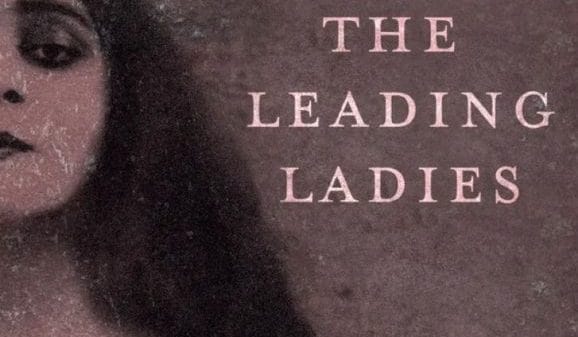Looking for a great Irish film to celebrate this St. Patrick’s Day with? Look no further! From Oscar nominated dramas, crowd pleasing action romps, and little-known indie gems, there’s no shortage of Irish-themed films to pair with a hot plate of corned beef and cabbage and a frosty pint of Guinness. Let’s take a look at 9 Irish films to watch this St. Patrick’s Day!
Waking Ned Devine
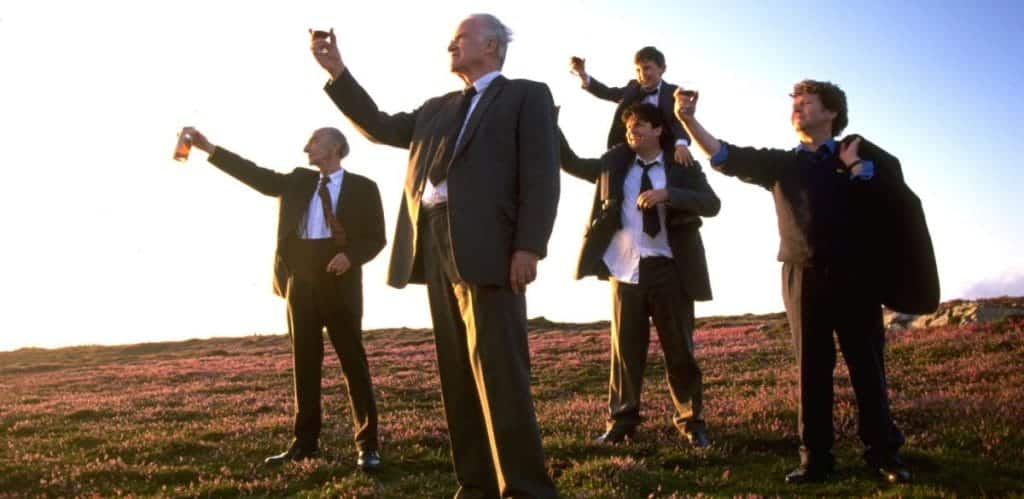
I’m kicking off this list with the most instantly lovable and criminally underseen movie of the bunch. Kirk Jones’ Waking Ned Devine follows the residents of the small Irish village of Tully More and their attempts to claim the lottery winnings of a local resident who passed away from shock before he could claim them himself. The film is relentlessly funny and full of colorful, mischievous characters. The beautiful Irish countryside is captured with breathtaking cinematography, and it’s all aided by a beautiful folksy score.
The narrative takes some surprisingly sentimental turns, and it balances these perfectly with the comedy. A particular sequence involving a phone booth in the third act is laugh out loud hysterical. For those looking for a sweet and cozy comedy this St. Patrick’s Day, Waking Ned Devine is the perfect film for you.
The Wind That Shakes the Barley
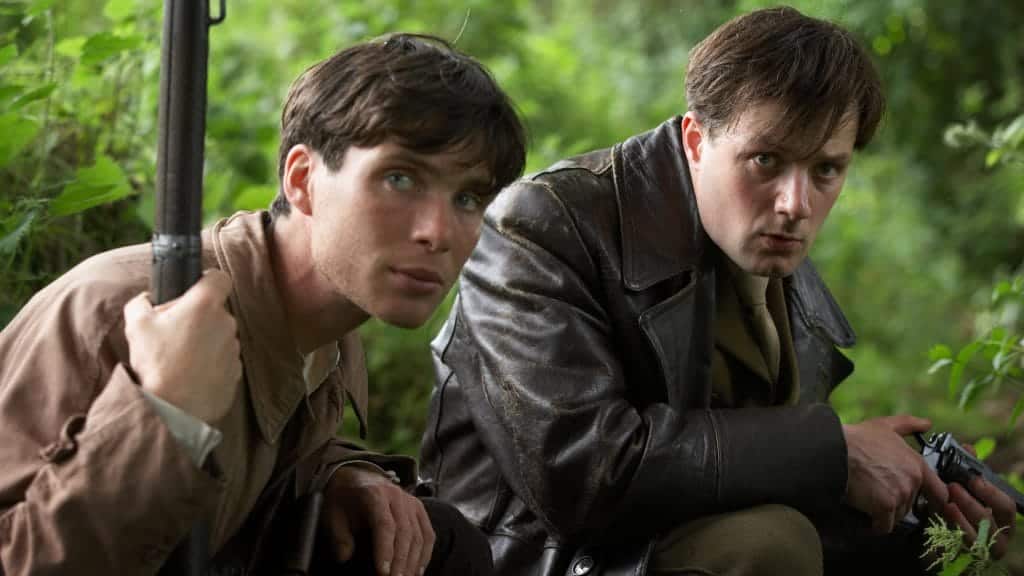
Shifting to the more dramatic, Ken Loach’s The Wind That Shakes the Barley is a historical drama centering around two Irish Republican Army (IRA) freedom fighter brothers. As their war for independence rages on, the two brothers find their conflicting ideologies pull them in opposite directions, and their familial bonds put to the ultimate test.
The film features an early lead performance from recent Academy Award winner Cillian Murphy, in one of his most impressive and emotionally rich roles. The film’s exploration of the brother’s conflicting viewpoints is what makes the drama so gripping. It ponders the political nature of war and the cost of freedom. It’s a tragic, yet thoroughly engaging experience.
In the Name of the Father
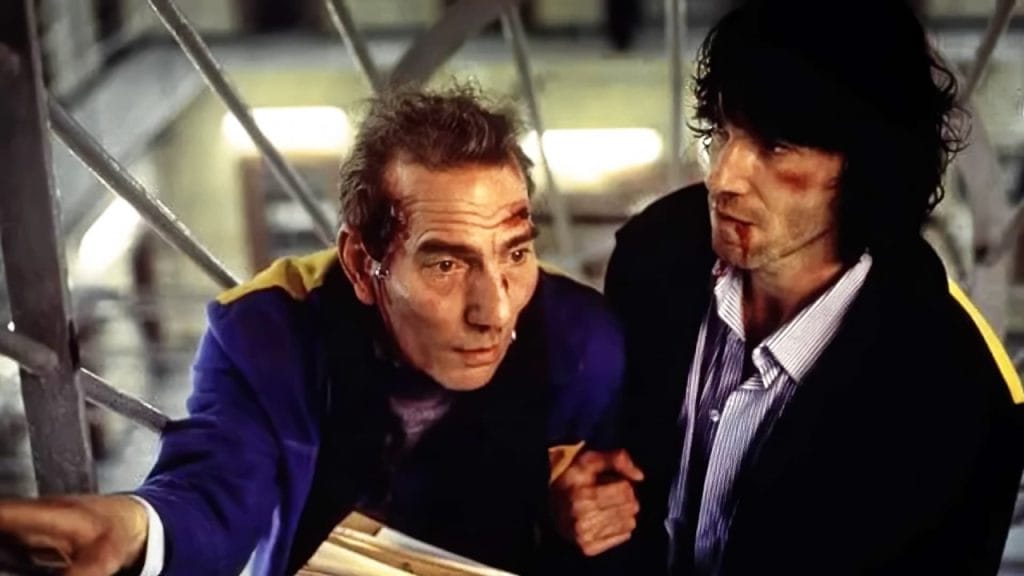
Jim Sheridan directs method actor extraordinaire Daniel Day-Lewis in In the Name of the Father. The film tells the true account of Gerry Conlon (Lewis), a small-time crook falsely imprisoned for 15 years. Conlon is coerced by the British police to confess to an IRA pub bombing that resulted in several fatalities. Stuck behind bars with his father Giuseppe (Pete Postlethwaite) and four other friends, he must fight to prove his innocence.
The script does feel a bit embellished and “Hollywoodized” at points. But the tragedy of Conlon’s story and the power of Day-Lewis’ performance make it a worthy viewing. Postlethwaite and Day-Lewis have exceptional father/son chemistry, and their relationship carries the emotional core of the film.
The Banshees of Inisherin
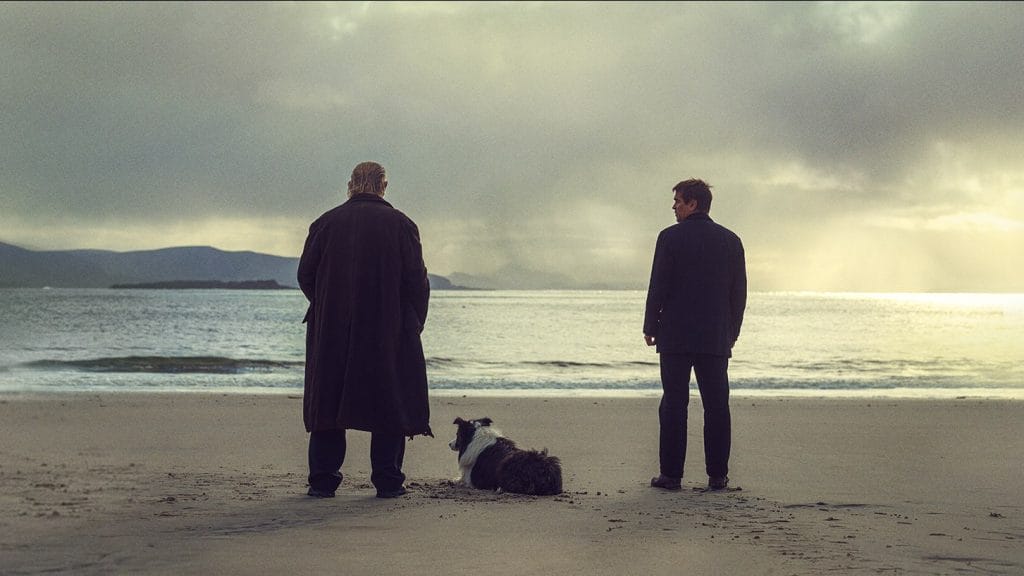
Martin McDonagh made big waves in the 2023 awards season with his latest film. Set in the fictional titular village, The Banshees of Inisherin tells the tale of two lifelong friends and the surprising repercussions that occur when one of them abruptly puts an end to their friendship.
Commanded by two extraordinary leading performances from Colin Farrell and Brendan Gleeson, the film is as blackly hilarious as any of McDonagh’s previous works. What starts as a small little feud soon grows into a complex rivalry with unforeseen consequences. The film does an excellent job of blending the humor with the deeper existential dread present within the script. Clear some room in your head for this film before you sit down to watch it. Once you’ve seen it, it won’t be leaving your mind anytime soon.
Calvary
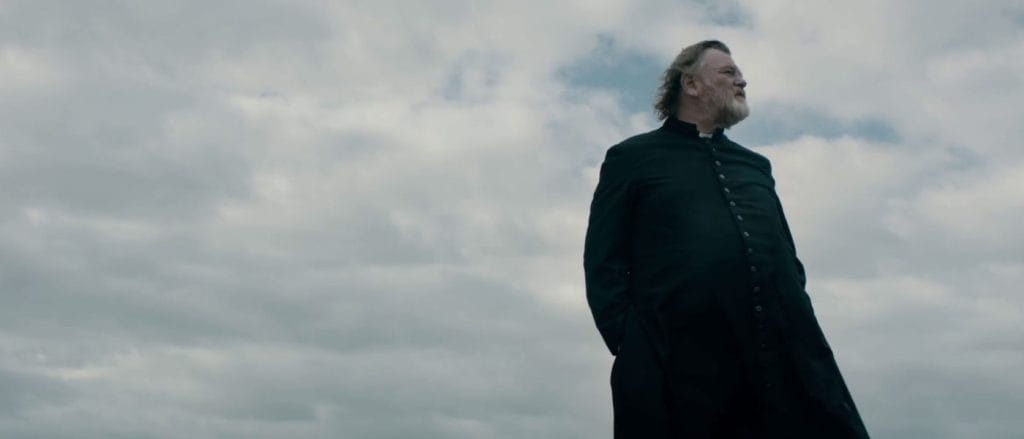
If you walked away from The Banshees of Inisherin wanting more, I would highly suggest pairing it with Calvary. Brought to us by John Michael McDonagh (Martin McDonagh’s brother), it follows Father James Lavelle (Brendan Gleeson) as a priest who is threatened during a confession that he will be killed in one week’s time. As James tries to make sense of this encounter, he visits various residents in his small Irish village and begins to question his faith and the role he serves within the community and the world at large.
McDonagh carries many of the same traits that his brother employs in his own films. It laughs at the absurdity of life and ponders on the purpose of faith and religion. It is not as finely tuned as Martin McDonagh’s films in some regards. The pacing suffers at points as the film can feel a bit aimless with its various asides. That said, Gleeson delivers a tremendous performance working with McDonagh’s witty script. The landscape cinematography is also pristine and pairs nicely with the film’s wonderful score.
The Boondock Saints
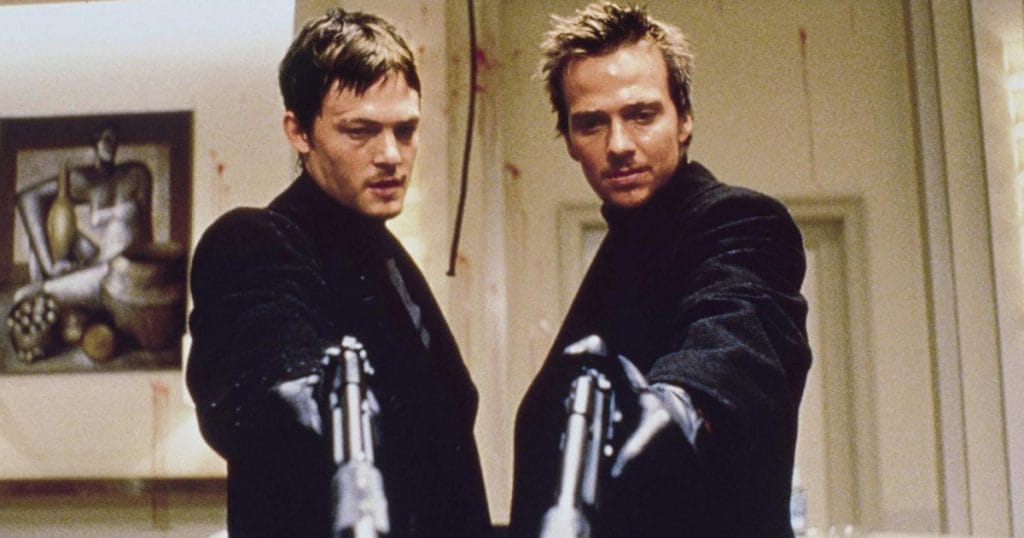
Okay, I may be cheating a little with this one. The Boondock Saints doesn’t actually take place in Ireland. Yet it still feels appropriate enough to mention here. Set in the crime-ridden underbelly of Boston, it follows Connor and Murphy MacManus (Sean Patrick Flanery and Norman Reedus, respectively). Being two Irish Catholic brothers, they receive a supposed vision from God to enact vigilante justice and clean up crime in the city by any means (or bullets) necessary.
Admittedly a massive guilty pleasure on my part. It dates itself by parading around as a Tarantino wannabe, with action scenes that are obviously attempting to emulate The Matrix (it did come out in the late 90s after all). But for all of the film’s faults, the screenplay is energetic and fun with plenty of memorable characters and witty dialogue. Throw in Willem Dafoe as an eccentric, scene-stealing detective hot on the brothers’ trail, and you’ve got a cult classic on your hands! Just avoid the sequel at all costs.
Hunger

From the most energetic film of the bunch to the most harrowing, Steve McQueen’s Hunger is a brutal watch. Recounting the true story of IRA activist Bobby Sands’ (Michael Fassbender) hunger strike within the confines of a Northern Irish prison, it is by no means an easy film to stomach.
McQueen’s direction is visceral, lingering for great lengths on Sands’ sickly frail body, or the horrific living conditions of the prison environment. Save for one elongated sit-down between two characters that is mostly achieved in a single take, it is a minimal dialogue experience that relies largely on visual storytelling. It is an important and powerful cinematic experience, but know what you are getting into with this one before you commit to it.
Belfast

Kenneth Branagh takes us on a flashback journey to his adolescent years in Belfast. The film, loosely inspired by his childhood experiences, follows Buddy (Jude Hill), a young boy living with his family in the namesake city in the 1960s. As Buddy comes of age and gets up to childhood mischief, The Troubles rage on in the background. The increasing violence threatens both Buddy’s family and his innocence in the process.
Told from the perspective of its central child character, Belfast manages to dip its toe into murky waters while keeping the overall experience light and accessible. It uses the historical importance of the events as the backdrop of a more innocent snapshot of childhood whimsy. Shot in black and white and backed with an expansive Van Morrison soundtrack, it is a cozy, nostalgic crowd-pleaser that is hard to dislike.
The Quiet Girl
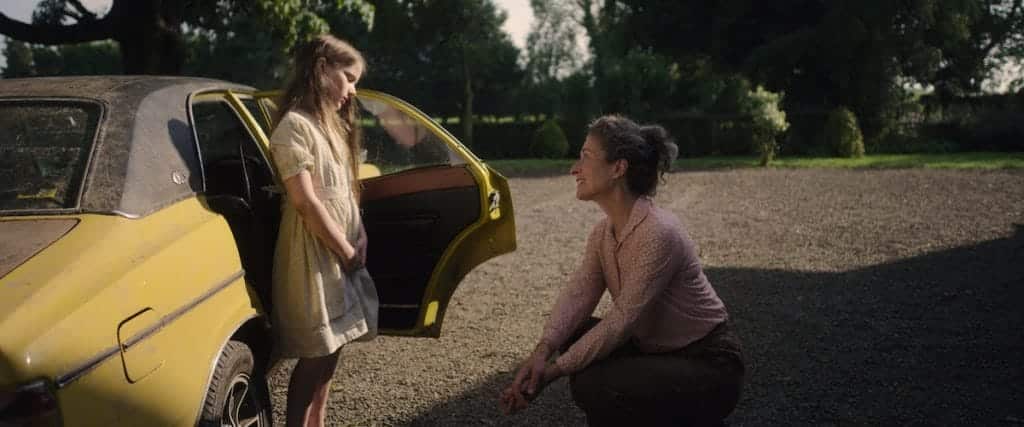
Ireland’s official submission for Best International Feature Film to the 2023 Academy Awards, The Quiet Girl is an underappreciated gem. Set in the summer of 1981, it follows Cait (Catherine Clinch), a shy young girl who spends the season away from her family in the care of her mother’s distant cousin and her husband. Cait blossoms in their care, learning a great deal about her carers and herself in a formative summer she will never forget.
An emotionally tender and methodical film, The Quiet Girl is sure to pull at the heartstrings of anyone who watches it. Much like Cait, the film itself is incredibly observant and quiet. It’s a film all about the little interactions between the characters and the bonds that form between them. There’s a coldness to the emotions that makes the final moments all the more devastating. A sweet and authentic film about love, loss, growth, and the power of observation.


